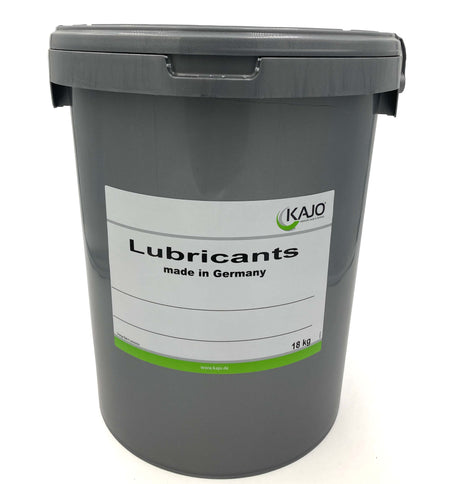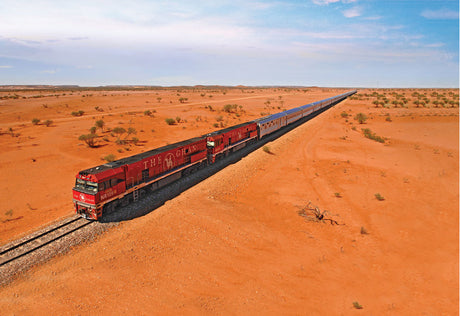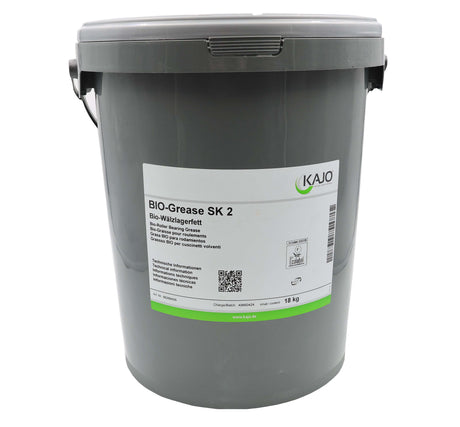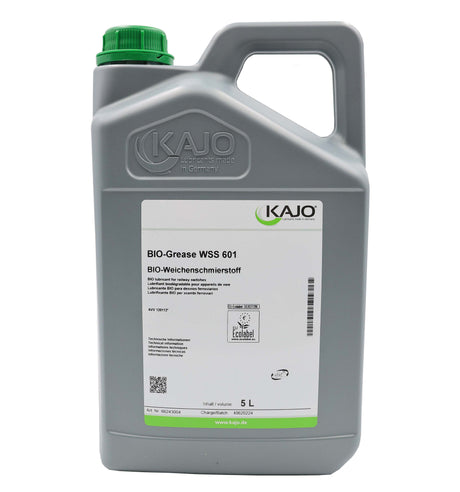Precision Meets Reliability
In the bustling world of railway construction and maintenance, heavy machinery serves as the backbone for building reliable rail networks. KAJO grease lubricants are carefully crafted to meet the demanding needs of railway construction equipment, offering unparalleled protection against friction, wear, and corrosion.
For more high impact, rail specific lubrication of switch systems, bogies and wheel flanges, KAJOs specialised rail grease range is what you need.
Explore our range of high-performance lubricants designed perfectly for the challenges of the railway, and discover how they can optimise your operations.








